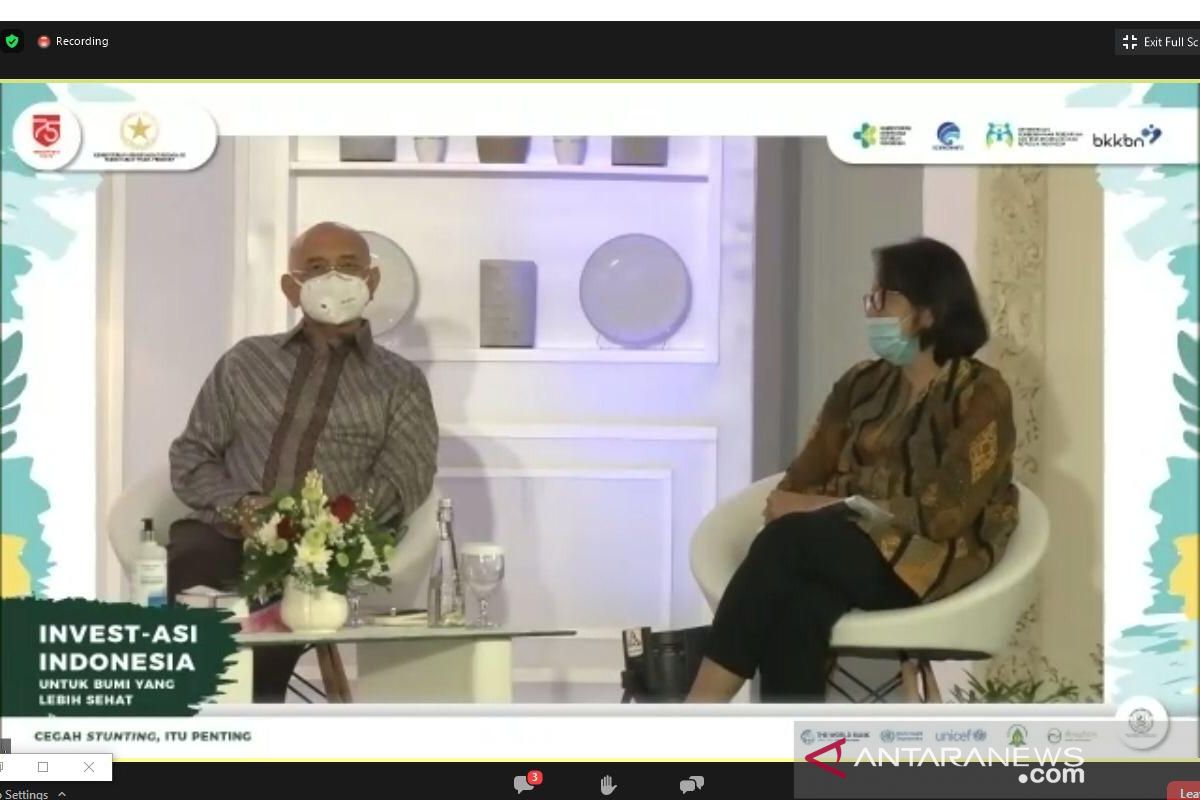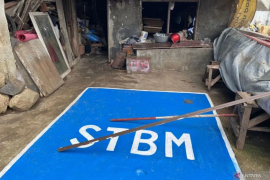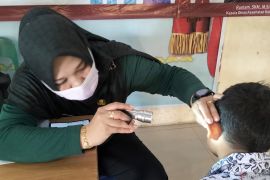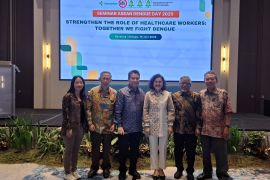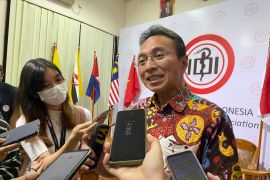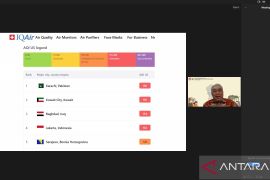In a written statement received here on Wednesday, General Chairperson of IDAI, Prof. Dr Aman B. Pulungan SpA (K), stated that the requirements for reopening schools were controlled local transmission marked by a positivity rate of below five percent and a decline in the death rate.
If face-to-face learning continues, the organizer must make preparations for blended learning, and the choice should be left to the children and parents to decide between offline and online learning methods.
Children studying offline or online are entitled to the same treatment.
"As we do not know when the COVID-19 pandemic will end, teachers and schools need to look for new innovations in the teaching and learning process, for instance, by applying learning systems in open spaces, such as in parks, fields, or outdoors," he stated.
Meanwhile, teachers and school officials interacting with children and parents or caregivers must be vaccinated. Moreover, small study groups, with limited interactions at school, should also offer confirmation, so that in the event of a positive case of COVID-19, contact tracing can be conducted efficiently.
Furthermore, school entry and return hours should be scheduled gradually to avoid overcrowding of students, and supervision must be conducted in a disciplined manner to avoid crowds at school gates.
Schools should conduct risk mapping of students with comorbidities, parents of students with comorbidities, or students living with the elderly, and teachers with comorbidities, as well as checking the health condition of students.
Students with comorbidities or chronic illnesses should continue to study online. Some of these chronic diseases, include diabetes mellitus, heart disease, malignancy, autoimmune disease, HIV, chronic kidney disease, chronic lung disease, obesity, and certain syndromes.
Before commencing face-to-face learning, all students and teachers as well as school officials should ideally undergo swab checks that should be repeated periodically to bolster health protocols at schools.
Hand washing facilities should additionally be provided at strategic locations, such as next to classrooms, toilets, and others. If students, teachers, or school officers are suspected to have contracted COVID-19 or exhibit symptoms of the disease, then they must be willing to undergo swab examinations at school, and the UKS team must prepare the requisite mitigation measures in the event of sick school members symptomatic with COVID-19 or confirmed positive for the presence of the virus.
The IDAI advises boarding schools to not accept people, who can freely enter and leave the dormitory, except for meetings with student guardians whose meeting time should be determined by the school.
If parents or guardians plan to visit students, then they will need to undergo a PCR test to ensure that they have not contracted the disease. Meetings should be held in a place that allows distance restrictions and must adhere to health protocols.
The number of parents or guardians of students that will meet their children should be limited to a maximum of two people while still adhering to the rules so as not to cause crowding.
Students, teachers, and those involved in the education process at dormitories are not allowed to freely access them without implementing health protocols to stem the transmission of COVID-19. Related news: Parents play crucial role in facilitating face-to-face learning
Related news: Governmental caution crucial in conducting face-to-face learning: DPR
EDITED BY INE
Translator: Indriani, Katriana
Editor: Suharto
Copyright © ANTARA 2021
